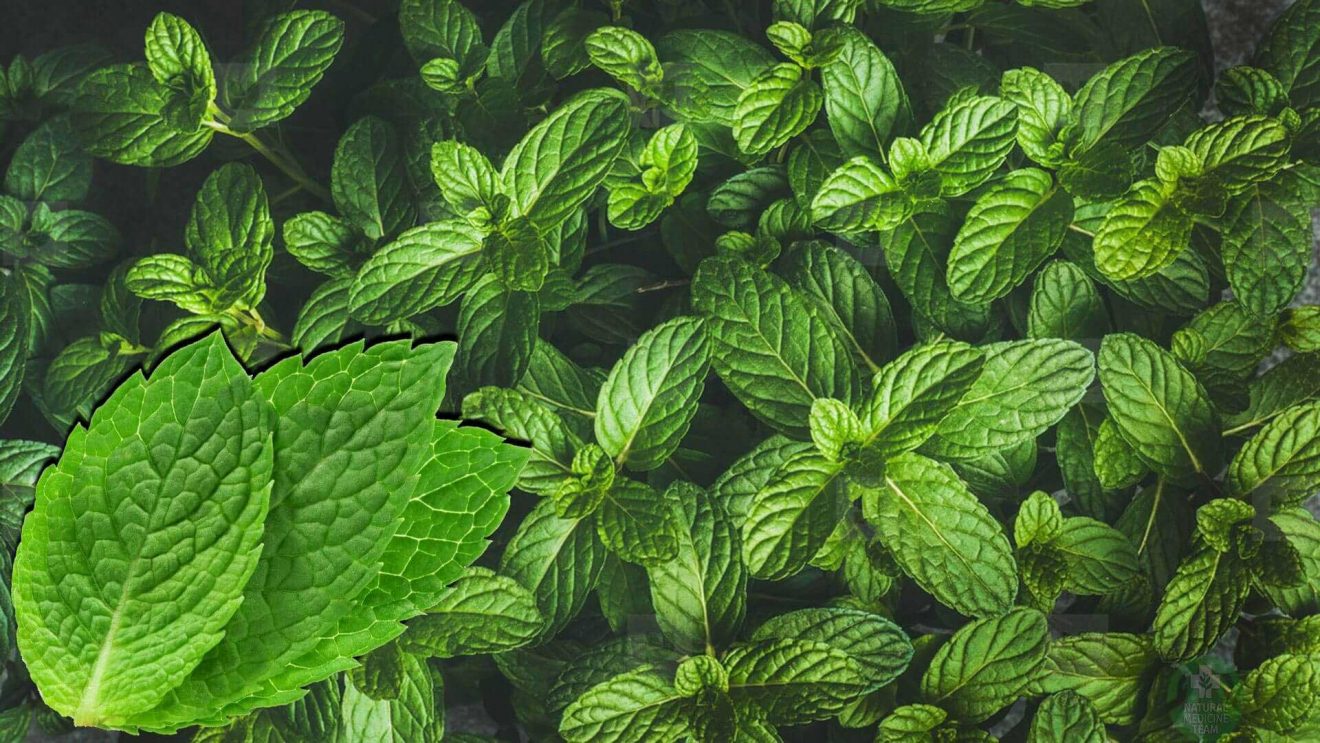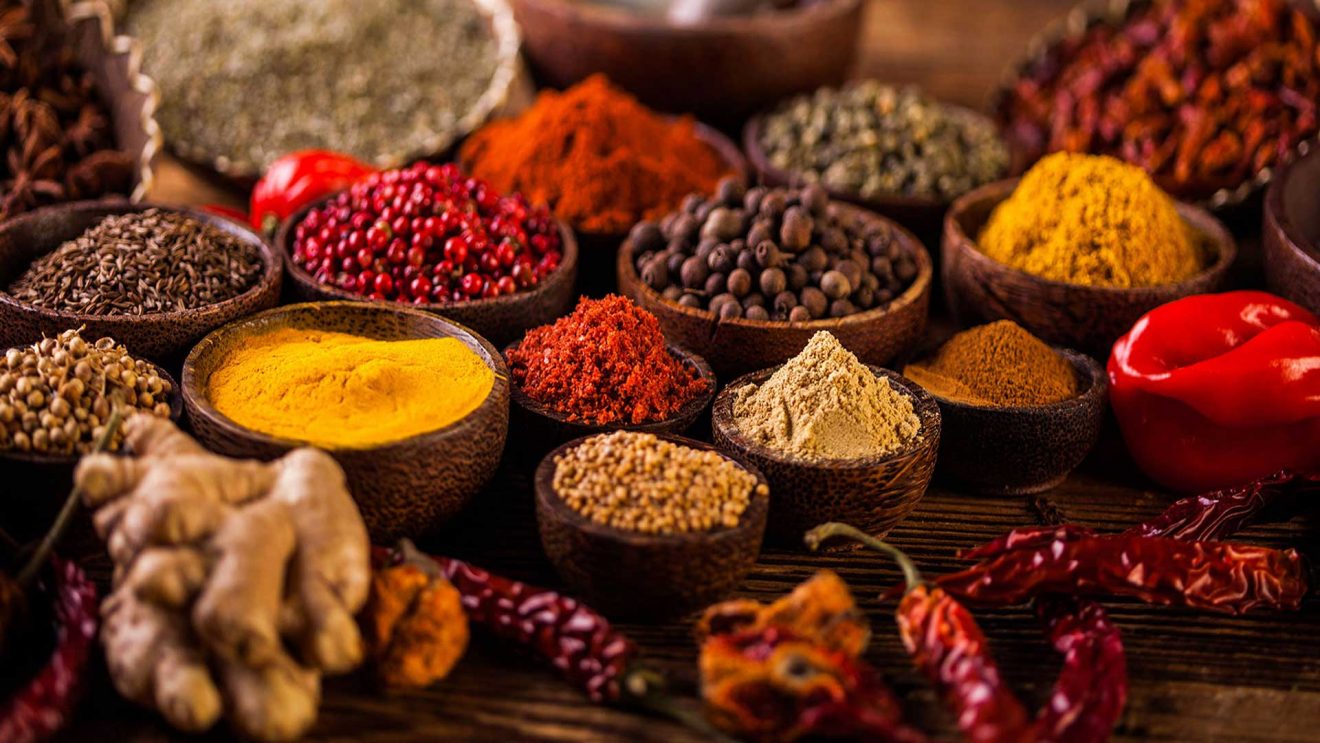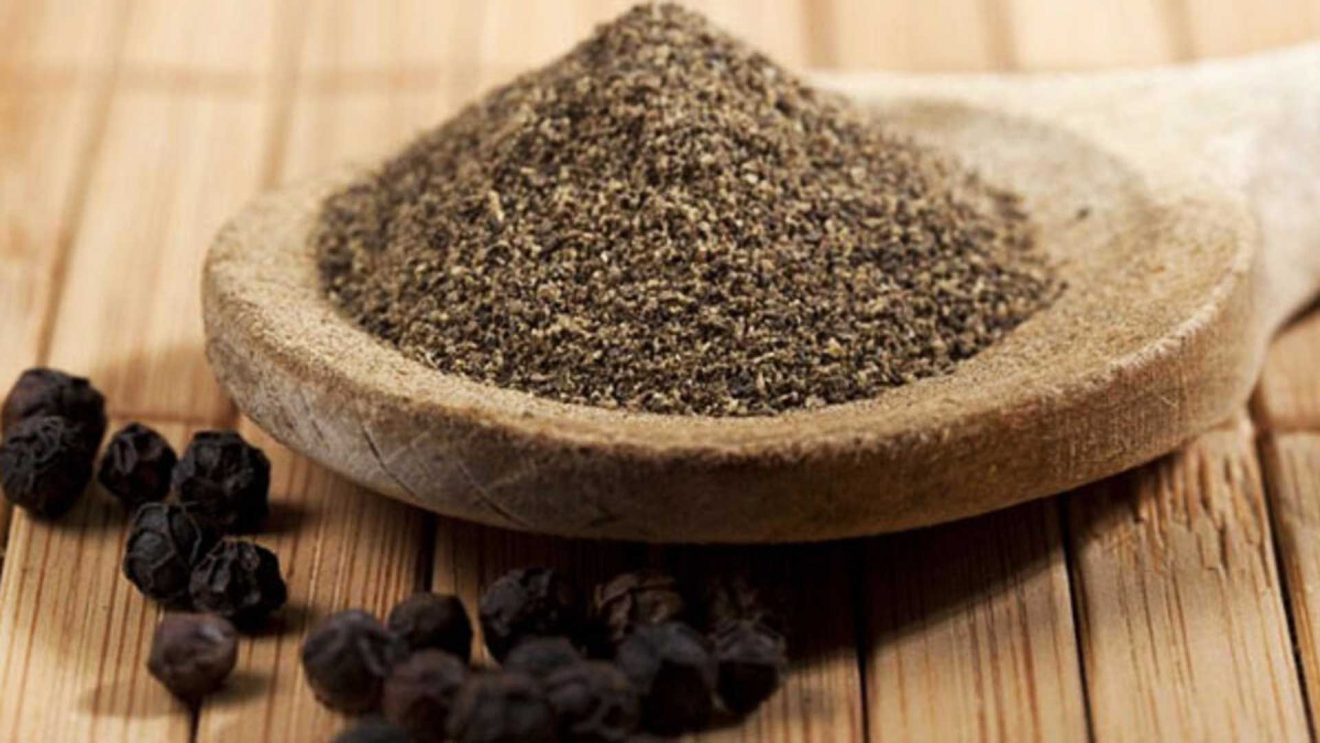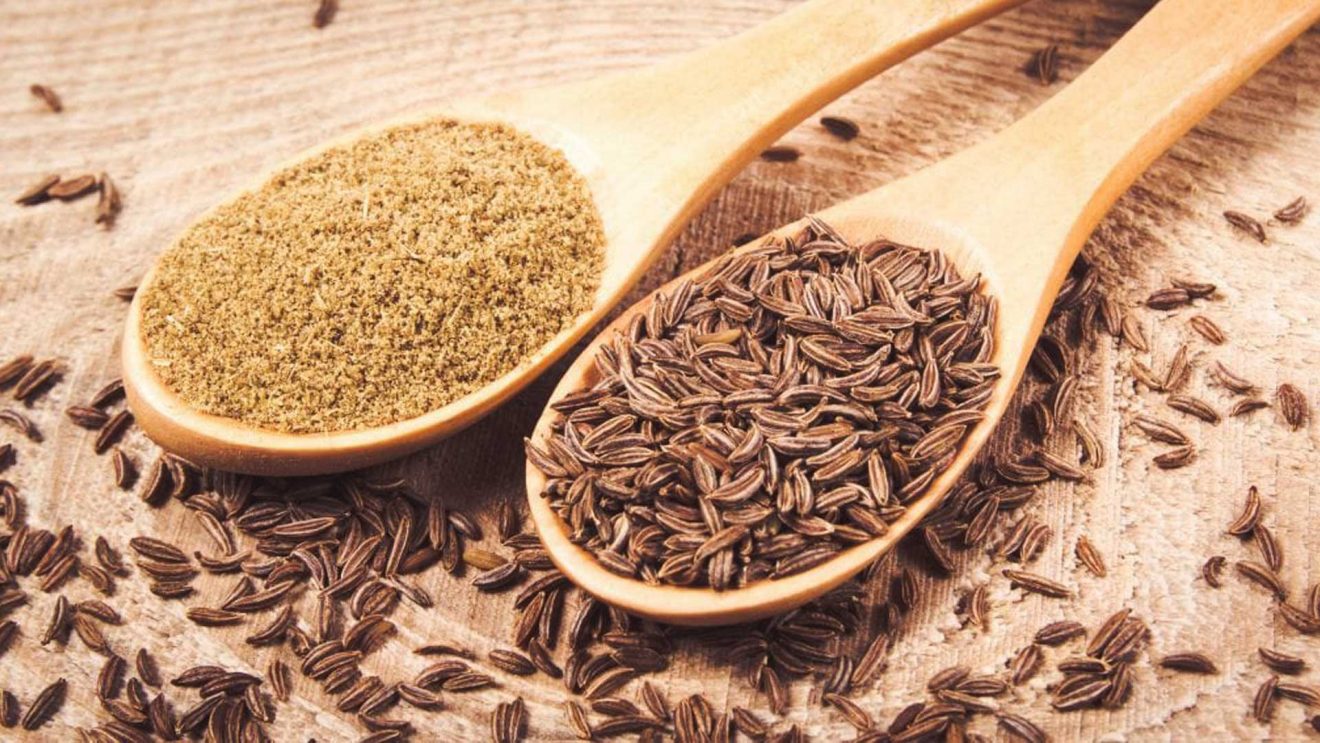Mint, whose homeland is the Mediterranean, is very common especially in Anatolia and Egypt. Due to the suitability of the climate in Turkey, it grows naturally in almost every region. With its characteristic and intense fragrance, it adds a distinctive flavor to salads, meats, soups, appetizers and almost all kinds of food.
It would be more correct to start with the answer to the question of “what is a spice?” Before going into information such as the history, usage areas and benefits of the spice.
Spices are medicinal herbs obtained by drying and grinding parts of the plants such as seeds, flowers, seeds, fruits, bark, roots, leaves in whole or in pieces. Spices can be used individually according to their taste, smell and benefits, or they can be used by mixing many different spices.
Spices; Due to the essential oils and alkaloids they contain, they have a bactericidal effect. Therefore it was started to be used in preserving meat and fish products, which spoiled easily in ancient times, but soon became indispensable for rich people with the understanding of the difference in taste and smell it created in meals.
In ancient times it has been almost as valuable as silver in the world markets because it is very effective even when used in very small amounts and it is both light and easy to carry.
Spices are not only for sweetening foods; but also very important in health, perfume, religious life, magic and ceremonies.
We can say that the history of the spice is intertwined with the history of humanity. It is known that many spices were known, produced and used for various purposes in ancient civilizations. In ancient civilizations spice was used as a medicinal herb in the treatment of indigestion, nausea and pain, colds, fatigue, high sugar and various diseases thanks to its antibacterial properties in the health field.
The most famous physicians of the time, such as Galen and Hippocrates, used spices in medicine.
Hippocrates, the father of medicine; had made very important developments in the field of medicine by making more than 400 medicines with spices and herbs.
In the archaeological studies carried out in Mesopotamia; traces of spices such as cloves, saffron, mustard, fennel and thyme were found.
Spice in ancient times was as valuable as gold and silver. The trade route we know as the Spice Road was named after the spice trade. In fact, new continents were discovered to find alternative routes to the spice trade. Spices still occupy a very important place in our lives and cuisine today.
Throughout human history, no food has been as effective as spices.
At first spice was used to preserve and flavor foods but later used in many fields from medicine to cosmetics and even caused the discovery of America. The search for an inexpensive way to get the spice in the East led to geographical discoveries and even the discovery of America. Vasco da Gama toured the Cape of Good Hope in 1498 and opened the way to India. Christopher Columbus toured the West Indies and Magellan traveled to South America to the East Indies. In other words, we can say that America was discovered thanks to black pepper.
Salt and pepper, which are indispensable condiments of all of our homes, were regarded as a monetary value in ancient times and even taxes could be paid with black pepper. Romans used to say “expensive as black pepper” to call something expensive.
The outer part of the black pepper, which is obtained by drying and crumbling red round seeds, is fleshy on the outside and hard on the inside. Black pepper is obtained if it is harvested and dried before ripening. White pepper is obtained if it is peeled and dried after ripening. Both peppers are used as a spice. Whether we take the black pepper in grain or powder form, the most important point to pay attention to is its freshness. Having come into contact with air, black pepper quickly loses its freshness and smell.
So, what are the benefits of black pepper, which is often used in upper respiratory diseases?
Black pepper is so important that the first drug of Hippocrates -the father of medicine-, is thought to be a mixture of honey, vinegar and black pepper. Black pepper is rich in potassium, magnesium, iron, vitamins K and C. Being a powerful anti-inflammatory, black pepper can also meet 70% of the vitamin A needed by the body.
Cumin, whose Latin name is Cuminum cyminum, blooms in May-June and ripens in July. Its fruit is angular, oval shaped, 4-5 mm in length. The fruits of cumin, which has a distinctive scent, contain fixed and essential oils, tannins and resin.
Cumin, which is literally a store of iron, is a very rich plant in terms of vitamins and minerals. Cumin seeds contain high levels of calcium, potassium, and magnesium. It is also an ideal source of vitamins A, B12, B6, C and D. Cumin, rich in amino acids, protein and carbohydrates, is a fiber-rich food.
Cultivated in the Aegean and Black Sea regions of Turkey, cumin also has a type called Carum carvi, which is called Frankish cumin. It mostly grows under pine forests. The type that grows in the Mersin / Adana part of the Taurus Mountains is called a ‘sıra’.In the period before Christ, Greeks and Romans used cumin most. So much so that there were special cumin boxes on the dining tables of the Greeks, like our salt and pepper shakers today.They used cumin so much that they described stinginess with the use of cumin. They call a stingy person kyminopristes, which means ‘dividing the cumin grain’!
The very special sauce used by the Romans for shellfish; consisted of honey, vinegar, parsley, mint, black pepper and plenty of cumin. Just like black pepper, cumin was a substitute for money and tax payments could be made with cumin.The most important feature of cumin, which is famous for its flavor to meals, is that it is an antispasmodic and degassing agent. It is especially used for digestive problems such as bloating in the stomach, indigestion and loss of appetite. According to its purpose, it is recommended to drink half an hour before meals when it is used as an appetizer and gas extractor, and after meals when used for indigestion.Cumin tea: 1-2 teaspoons of ripe seeds taken from the herbalist are poured into a glass, 1 glass of boiling water is poured over it, and it is infused for 10-15 minutes by covering it. Drink one glass twice a day before morning and evening meals. This tea also improves memory and is effective in treating depression. A cup of cumin tea, drunk a few hours before going to bed, will help you sleep more comfortably.
Other benefits of cumin;
- It increases the appetite and facilitates digestion.
- Removes gas from stomach and intestines
- It is diuretic.
- Stimulates the nerves
- It also has a diaphoretic effect.
- It is good for acne, skin redness and blemishes, skin irritation and sunburn. It revitalizes the skin.









